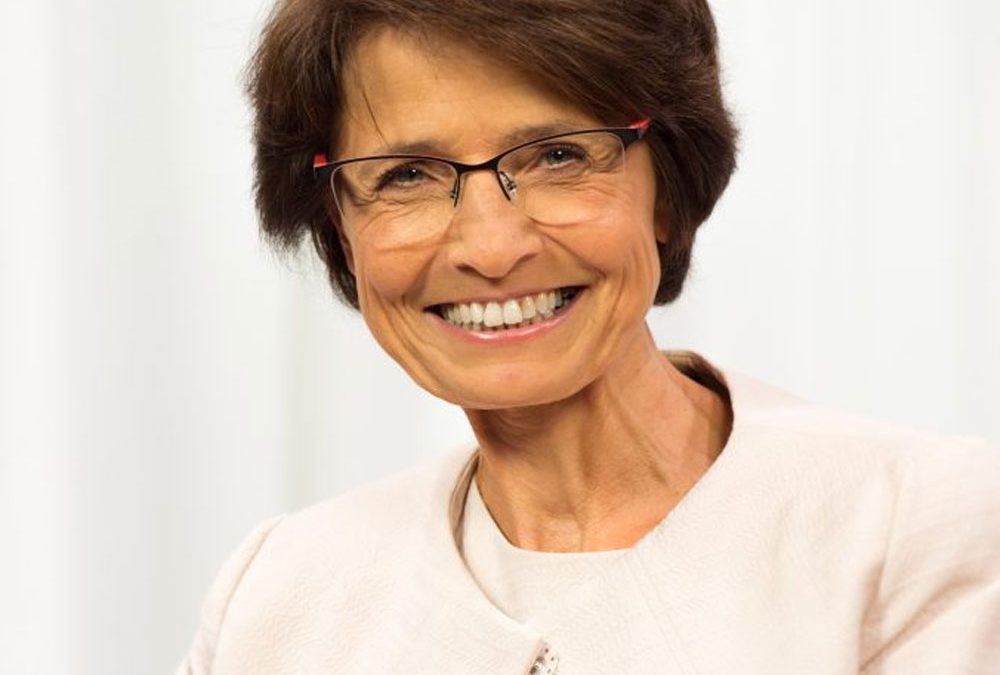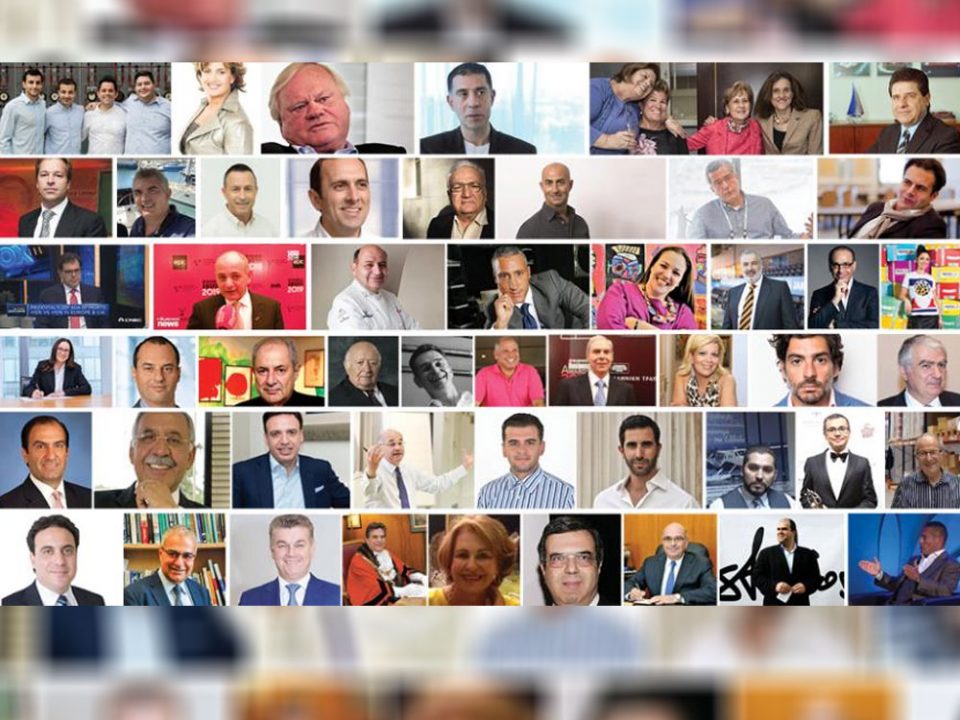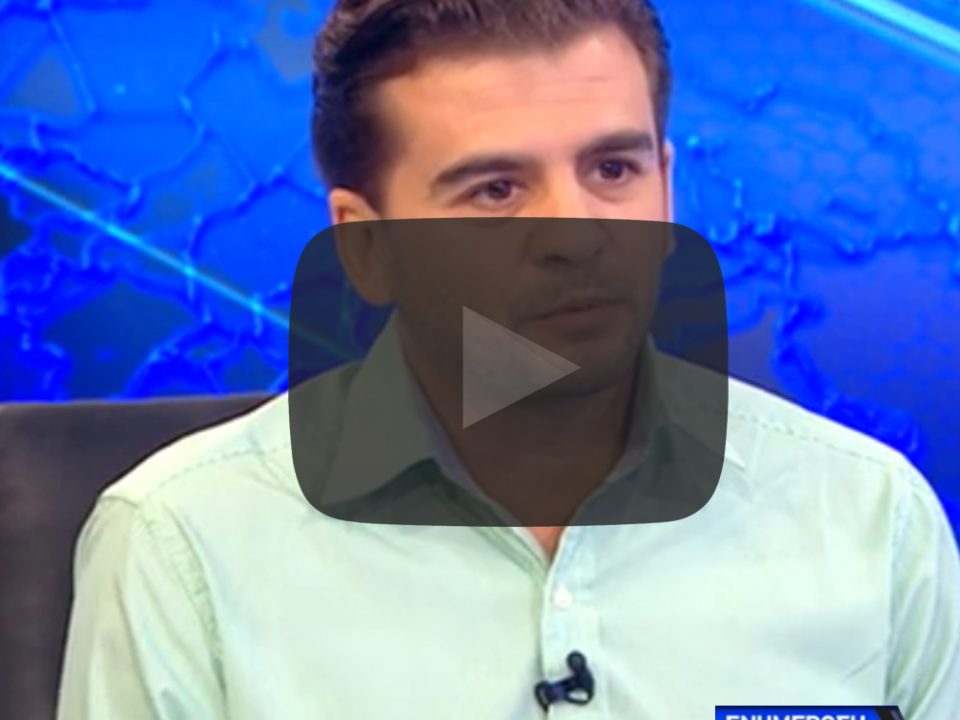Why Europe needs its Pillar of Social Rights

Ευρωπαϊκός Πυλώνας Κοινωνικών Δικαιωμάτων
February 25, 2019
Γιατί χρειάζεται η Ευρώπη τον δικό της Πυλώνα Κοινωνικών Δικαιωμάτων
April 23, 2019By Marianne Thyssen, EU Commissioner for Employment, Social Affairs, Skills and Labour Mobility
(Για το κείμενο στα ελληνικά πατήστε εδώ.)
Globalisation, aging and digitisation are changing the world as we know it. It’s changing our economy and the way we work. With new jobs that didn’t exist before. With new job content. With new skills. There are great opportunities for companies, employees and citizens, but also challenges that we absolutely must tackle. Because for some people this change goes too fast. People are afraid of losing out and worry about the future of their children and grandchildren. I understand people’s uncertainty and fear. We don’t want to just experience these changes. We want to help shape our future and invest in people so that nobody is left behind.
That is why we launched the European Pillar of Social Rights in 2017. It was endorsed the same year during the first social summit in twenty years. This is a milestone in the social history of Europe. The Pillar is our guide for a future-oriented policy. It sets out 20 principles and rights organised around three priorities. First and foremost, equal opportunities in terms of education, training and lifelong learning. Second, fair working conditions. And third, access to social protection and services. Our aim is to reduce major social differences between the European Member States. But not in a race to the bottom. We have to converge upwards, for higher living standards and better working conditions. To empower people. While ensuring our rulebook and institutions are ready for the digital future. All Member States have committed to doing this and everyone is now working in their area of competence.
We launched a European Skills Agenda to make sure people have the right skills. We launched legislative proposals to better protect the most vulnerable employees, including those in the platform economy. Both as regards their working conditions and their access to social security. We also proposed a better work-life balance, so that women and men can combine their private and working lives better. These proposals have been agreed with the European Parliament and the Member States. This new legislation will make a positive difference for many Europeans.
So, with the Pillar we have a compass in our hands to prepare ourselves for the new realities of the 21st century. This is not only important for social reasons but also essential for our productivity, innovation and competitiveness in the world. With the Pillar we can build modern, inclusive and competitive societies where a dynamic economy and social progress continue to go hand in hand.
We want to keep this momentum going. But it will not happen by itself. Putting social rights into practice is a joint responsibility that should take in the Member States, social partners and civil society.
Finally, I would like to mention that Dr. Costas Argyrides will help us to promote the European Social Rights Pillar to one of the newest members of the European Family – Cyprus. Taking into account his rich experience in professional and vocational skills, Dr. Argyrides has proven to be a European citizen which grasps all the common values that we want to promote in the light of our common future. Only by working together can we build a fair and social Europe that will be a success story for years to come.



